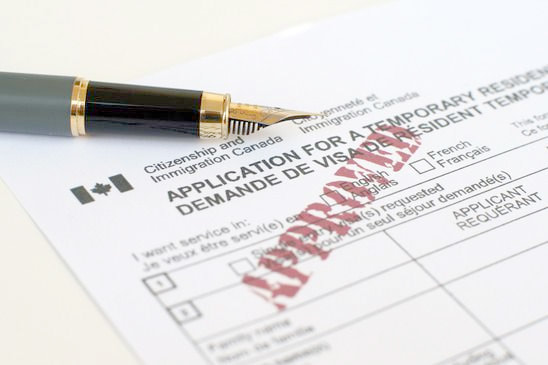Grounds for Medical Inadmissibility
Immigration medical examinations are carried out by designated physicians and Immigration, Refugee and Citizenship Canada (“IRCC”) has a list of physicians that can assist you in countries around the world. The medical examination is a standard physical exam and includes a series of tests (blood and urine) and x-rays. You will also be asked about your prior medical history and your mental state as part of the examination. The results of these examinations are extremely important as you may be found inadmissible to Canada if:
1) your condition would endanger the health or safety of the Canadian population at large, or
2) your condition may cause excessive demand on existing social or health services provided by the government.
An example of a medical condition that may make you inadmissible under the first category is Active Pulmonary Tuberculosis (TB). There are also other conditions that can make you inadmissible under this category such as suffering from a variety of brain disorders or applicants who have substance abuse issues that cause them to behave antisocially or in a violent manner, and other types of hostile and disruptive behaviour.
In the second category, you may be found inadmissible if your condition requires government–funded health services such as specialists, nurses, physiotherapists, laboratory services, medications or hospital care, as well as social services such as specialized residence or home care, social rehabilitative services, personal support services, and services intended to assist a person in their physical, emotional, social, psychological or vocational function. If the anticipated costs for these services are found to exceed the Canadian per capita health services and social services costs over a 5 to 10 year period, then the immigration officer may find you inadmissible due to excessive demand.
Recent Changes to Excessive Demand
Many believed that Canada's excessive demand rules were outdated and asked for recognition of the discriminatory nature of this provision on people with disabilities. The good news is that Canada increased the threshold for “excessive demand” significantly effective on 1 June 2018.
Under the old provisions, approximately 1,000 applicants are denied immigration to Canada each year because of medical inadmissibility, with at least a quarter of these being families that have children who require special education services that will cost more than the minimum threshold. This means hundreds of applicants are refused each year under the provision because they or their children have a health condition or disability that can be accommodated by Canadian society.
The new threshold for excessive demand is now $19,965 per year (based on 2017 figures) and no longer includes costs associated with special education, social and vocational rehabilitation services and personal support services that an applicant may need in Canada.
Can you overcome medical inadmissibility?
An immigration officer that is of the opinion you may be medically inadmissible will issue a “Procedural Fairness Letter” to you. This letter will provide you with an opportunity to respond to the allegation of medical inadmissibility within 60 days.
Medical inadmissibility cases are very complicated and many medical and even psychological conditions can lead to your immigration application being refused. It is very important to act quickly and receive legal advice as soon as possible. You are most likely to overcome medical inadmissibility if you can provide a response to the Procedural Fairness Letter that is fully researched and supported by specialized documents and legal arguments. If your application is refused due to medical inadmissibility a lawyer may also assist you in appealing the decision.
In some cases you can act proactively to increase your chances of avoiding medical inadmissibility. If you suspect that there may be medical concerns for yourself or any family member included in your application you can consult a specialized lawyer to determine the best way to proceed with your immigration application to avoid a finding of medical inadmissibility.

 RSS Feed
RSS Feed